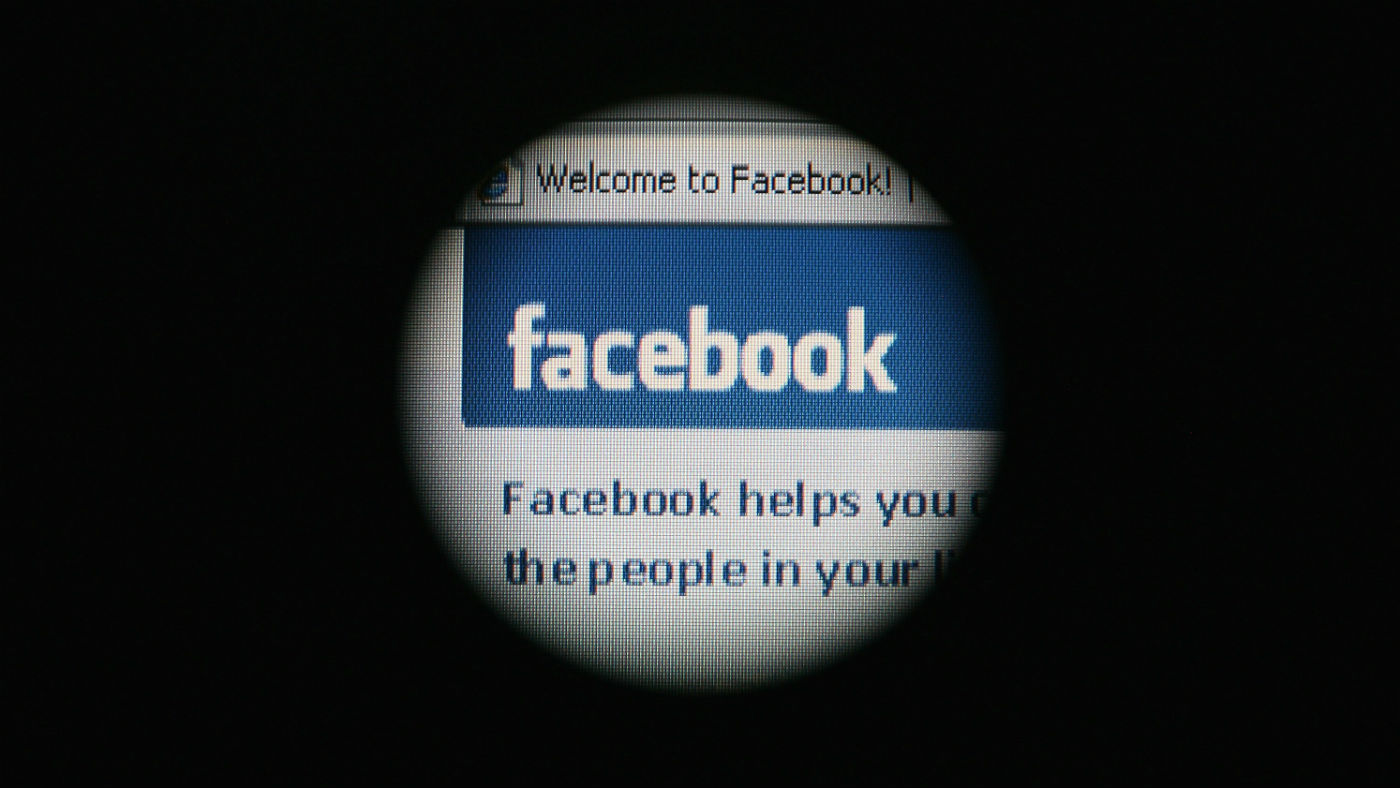Facebook’s cure for social media ills? More Facebook
Online giant says posting more can improve low moods

A free daily email with the biggest news stories of the day – and the best features from TheWeek.com
You are now subscribed
Your newsletter sign-up was successful
Facebook has finally admitted that social media can harm mental health - but suggests that its two billion users can improve their well-being by posting more updates and comments on its site.
Studies “have raised concerns that intense use of social media is linked to depression, low self-esteem and feelings of isolation, particularly among the young”, The Times says.
In November, former Facebook vice-president Chamath Palihapitiya told students at Stanford Business School: “It is at a point now where we have created tools which are ripping apart the fabric of how society works - that is truly where we are.”
The Week
Escape your echo chamber. Get the facts behind the news, plus analysis from multiple perspectives.

Sign up for The Week's Free Newsletters
From our morning news briefing to a weekly Good News Newsletter, get the best of The Week delivered directly to your inbox.
From our morning news briefing to a weekly Good News Newsletter, get the best of The Week delivered directly to your inbox.
Facebook has been reluctant to admit a link between the platform and psychological harm. But in an article entitled Hard Questions, the company has acknowledged that there is scientific research linking social media to a negative impact on well-being. Facebook users who watched their friends’ status updates “from the sidelines” might suffer low moods, the social media giant admits.
Facebook argues, however, that social media users could be happier if they become more engaged with content in their news feed, rather than just “reading but not interacting with people” .
Technology website Recode’s Kurt Wagner says Facebook is walking a fine line: “Telling everyone that using social media makes people feel bad is potentially terrible business. Which is why Facebook is simultaneously pushing its solution: More, better Facebook!”
A free daily email with the biggest news stories of the day – and the best features from TheWeek.com
-
 The environmental cost of GLP-1s
The environmental cost of GLP-1sThe explainer Producing the drugs is a dirty process
-
 Greenland’s capital becomes ground zero for the country’s diplomatic straits
Greenland’s capital becomes ground zero for the country’s diplomatic straitsIN THE SPOTLIGHT A flurry of new consular activity in Nuuk shows how important Greenland has become to Europeans’ anxiety about American imperialism
-
 ‘This is something that happens all too often’
‘This is something that happens all too often’Instant Opinion Opinion, comment and editorials of the day
-
 Epstein files topple law CEO, roil UK government
Epstein files topple law CEO, roil UK governmentSpeed Read Peter Mandelson, Britain’s former ambassador to the US, is caught up in the scandal
-
 Iran and US prepare to meet after skirmishes
Iran and US prepare to meet after skirmishesSpeed Read The incident comes amid heightened tensions in the Middle East
-
 Israel retrieves final hostage’s body from Gaza
Israel retrieves final hostage’s body from GazaSpeed Read The 24-year-old police officer was killed during the initial Hamas attack
-
 China’s Xi targets top general in growing purge
China’s Xi targets top general in growing purgeSpeed Read Zhang Youxia is being investigated over ‘grave violations’ of the law
-
 Panama and Canada are negotiating over a crucial copper mine
Panama and Canada are negotiating over a crucial copper mineIn the Spotlight Panama is set to make a final decision on the mine this summer
-
 Why Greenland’s natural resources are nearly impossible to mine
Why Greenland’s natural resources are nearly impossible to mineThe Explainer The country’s natural landscape makes the task extremely difficult
-
 Iran cuts internet as protests escalate
Iran cuts internet as protests escalateSpeed Reada Government buildings across the country have been set on fire
-
 US nabs ‘shadow’ tanker claimed by Russia
US nabs ‘shadow’ tanker claimed by RussiaSpeed Read The ship was one of two vessels seized by the US military